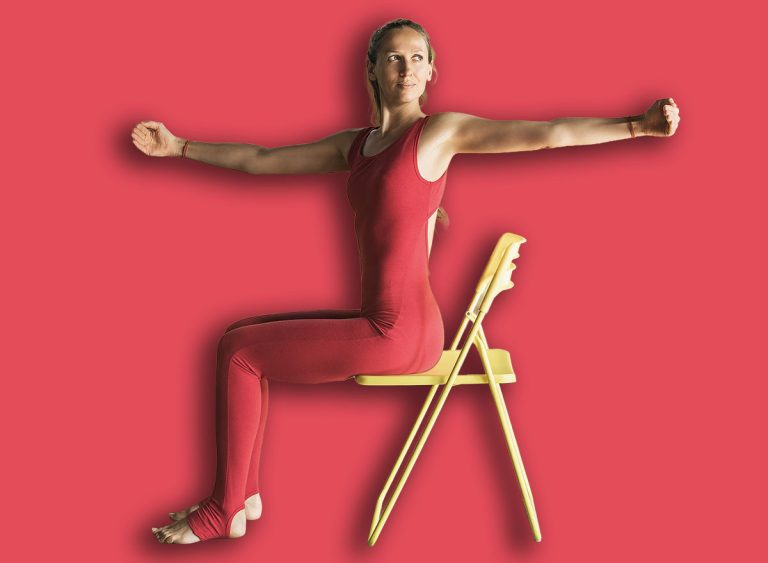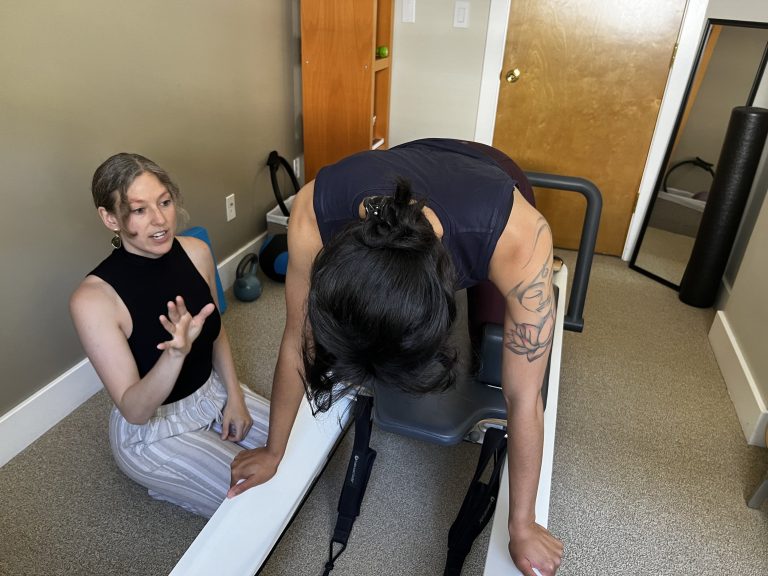
Yoga is an invaluable tool for athletes to enhance their performance and stay injury-free. It also helps athletes develop mental focus and awareness to better prepare them mentally for training or competition.
Yoga is an exercise that can improve flexibility, strength and balance. Additionally, it reduces stress and boosts the body’s immune system.
Increased Flexibility
Yoga is an effective way to build flexibility and range of motion, which are essential traits for all athletes. Increased muscle tension may result in decreased stress levels as well as improved circulation.
Yoga exercises differ from stretching in that they require deeper movements of your body, rather than just superficial motions. This allows for deeper stretches which can build strength and stability throughout the entire body.
Flexibility is especially essential in sports, as it enables your muscles to move freely and safely during games or events. Additionally, flexibility helps protect against injuries like tearing.
Studies have demonstrated that yoga can improve flexibility and balance for athletes. Unfortunately, specialized training methods that focus solely on one aspect of fitness may compromise other aspects of performance.
Increased Strength
Yoga is an excellent way to increase the strength and endurance in your training regimen. It targets specific muscles, so even simple poses like mountain pose can provide a beneficial workout.
Competent athletes or those simply enjoying physical activity will find yoga to be an invaluable aid in reaching their athletic objectives. A daily practice doesn’t take long for results to show up, and you can begin as soon as you feel ready.
One study revealed that college athletes experienced greater strength, mobility and endurance after participating in a 10-week yoga program. Furthermore, they were able to reduce their body mass index (BMI) and blood pressure as well.
Before beginning yoga as part of an athlete’s exercise regimen, it’s essential to consult a doctor. Furthermore, discussing what poses and practices are safe for you personally with the instructor can be beneficial; pregnant women as well as those with joint or spine issues should avoid certain poses and practices.
Increased Mental Focus
Yoga can improve sports performance by increasing mental focus – an invaluable asset to anyone competing in sporting events. Furthermore, it helps alleviate anxiety and stress that are common among athletes.
Furthermore, it enhances a person’s capacity for performing strenuous exercises and movements efficiently – something particularly essential for endurance athletes.
Yoga requires a great deal of balance and flexibility, making it physically as well as mentally taxing when doing poses for extended periods.
Yoga’s calming effects can help athletes reduce pre-competition nerves and boost their athletic focus. Additionally, it teaches them to control their breathing, which in turn sharpens the mind so they can focus better during competition.
Reduced Stress
Yoga can reduce stress by inhibiting the production of stress hormones like cortisol. Our body’s response to stress is controlled by the hypothalamic-pituitary-adrenal (HPA) axis and sympathetic nervous system.
When stressed, the HPA axis activates a “fight-or-flight” response in the body. On the other hand, the parasympathetic nervous system intervenes to relax us back down;
Sports psychologists suggest that regular mindfulness practice can help athletes maintain mental clarity and enhance performance, reduce anxiety levels, and enhance focus levels.
Additionally, it can help them avoid injuries that could arise in high-impact sports like basketball and tennis.
Research suggests yoga can improve athletic performance by improving balance and flexibility. It may even be effective at preventing common injury such as muscle or ligament sprains.





